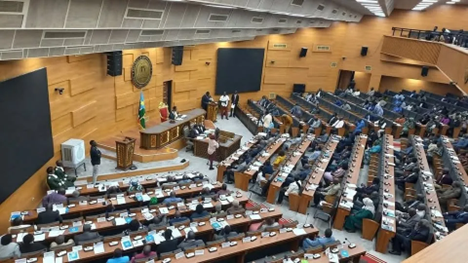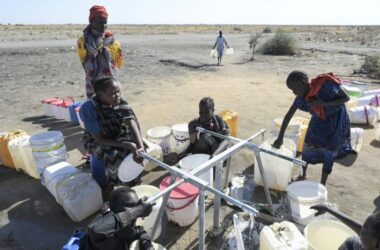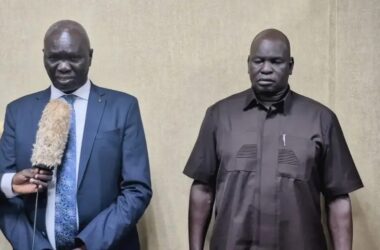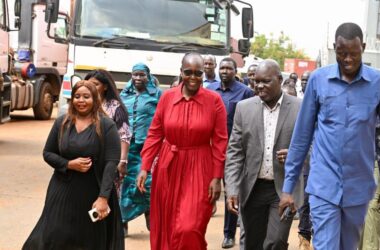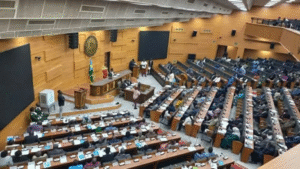
By Alan Clement
Some members of the Transitional National Legislative Assembly (TNLA) have called for the nationalization of the mining sector.
The call came as lawmakers debated the president’s speech delivered during the opening of the 1st Session of the TNLA.
While deliberating on the president’s speech on Tuesday, some lawmakers expressed the need for nationalization of the mining sector in order to boost the economy.
The call came at a time when the country continues to face economic crisis as South Sudanese pounds continue to experience depreciation against other major currencies like the United States dollar.
The legislators stressed that South Sudan’s economic recovery hinges on proper utilization of its mineral wealth, effective water management, and faithful implementation of presidential directives, particularly in critical sectors such as mining and education, among others.
During the deliberations, Susan Thomas, representing Ezo County under the SPLM, called for the nationalization of South Sudan’s mining sector, citing rampant exploitation by private entities and foreign interests.
“Our country is rich in various minerals in different states, but they are being exploited by the private sector and even foreigners,” Susan stated.
According to Susan, when the mining sector, especially gold mining, is nationalized, the country’s reserve will be boosted.
“If the government nationalizes the mining sector, it can strengthen the economy, especially the SSP currency. The gold can serve as a reserved vault and legal tender to help with the current acute economic crisis,” said
The nationalization process is when governments wish to seize control of a profitable industry in order to create a sizable income stream for those in power.
According to the members of Parliament, nationalization of the mining sector will ensure proper utilization of the resources for the benefit of South Sudanese.
On resource management, she called on the Ministry of Water and Irrigation to develop a clear action plan before the national budget is presented while criticizing the reliance on buying water from foreign suppliers despite the abundance of the Nile River.
“We have water available in the Nile, yet we are buying water from foreigners,” she said while recommending the Ministry of Water and Irrigation develop a comprehensive action plan ahead of the national budget discussions.
Meanwhile, Nadia Arop, representing the Women’s League, Unity State, expressed concerns about the lack of follow-up on presidential directives urging parliament to assess past commitments before discussing new ones.
“If we do not diagnose the problem of our implementation of our policies, we will sit every year to discuss the president’s speech with no implementation.” She questioned.

